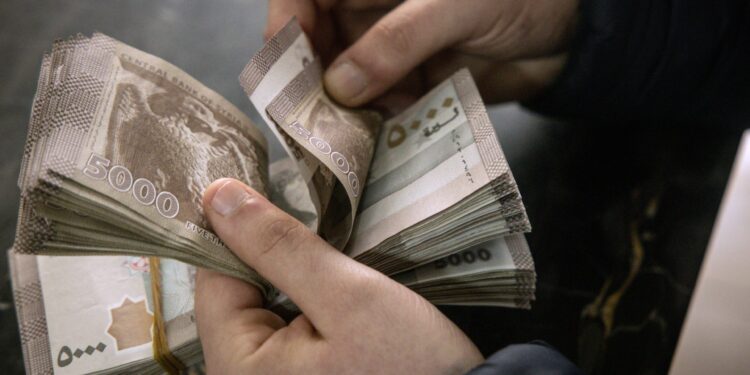The exchange rate of the Syrian pound against the dollar today, Saturday, fell in the market transactions parallel to the Syrian cities, while the Central Bank of Syria established the exchange rate in official transactions.
The exchange rate of the Syrian lira in the parallel market
- The exchange rate of the Syrian pound in Damascus, Aleppo and Idlib declined to 12 thousand pounds when purchasing from 11 thousand and 900 pounds, and the price upon sale decreased to 12 thousand and 100 pounds from 12 thousand liras registered on Friday evening.
- In Hasaka, the exchange rate stabilized at 12 thousand and 250 pounds when purchasing, and 12 thousand and 350 pounds upon sale.
The exchange rate of the Syrian lira in official transactions
The Central Bank of Syria continues to install the exchange rate of the lira in official transactions at 12 thousand when purchasing and 12 thousand and 120 pounds upon sale, according to the bulletin issued on Thursday.
Factors affecting the exchange rate of the Syrian lira
- The Syrian News Agency (SANA) quoted the Syrian Minister of Finance thanked the Qatari government for the grant provided to pay part of the current wage and salary bill, amounting to 29 million dollars per month for a period of 3 months, which can be extended.
- Saudi Arabia and Qatar announced the settlement of Syria’s arrears at the World Bank, amounting to about 15 million dollars, according to what was published by Saudi and Qatari news agencies.
- The United States temporarily suspended sanctions on Syria, which allowed dealing with government institutions and energy transactions, and allowed the transfer of personal funds to the country, including the central bank.
- Britain recently removed 24 Syrian entities from the sanctions list, including the central bank, other banks and oil companies, and these entities are no longer subject to the freezing of assets.
- The “Central” raised the exchange rate of the lira against the dollar to 12 thousand pounds when buying recently, and continues to install this level.
- The “Central” allowed the banks and the licensed exchanges to prosecut the lira in exchange for foreign currencies, which increases or decreases with a certain margin than the official price issued in the “bank” bulletins, which constitutes a competition for the parallel market.



